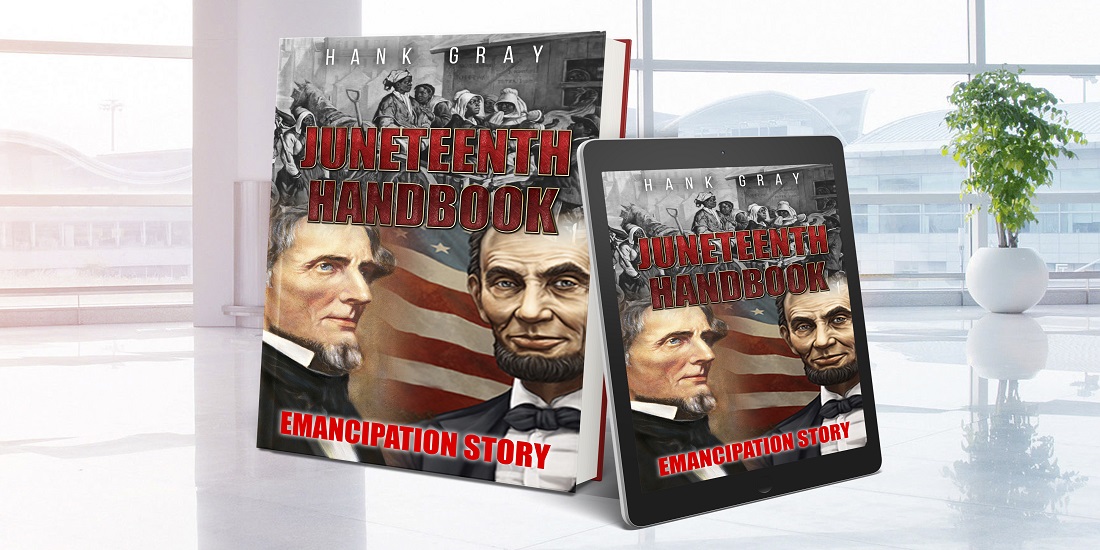Abraham Lincoln did not live long enough to see the amendments that would follow his Emancipation Proclamation going into effect to help those the Civil War set free. One by one the roadblocks installed by the institution of slavery began to fall. Slaves were not considered U.S. citizens even though African Americans fought in the Civil War for the north, and the south but, the African American troops were unable to participate in elections and unable to vote. The 13th, 14th, and 15th amendments were enacted to address those issues.
- The 13th Amendment outlawed slavery throughout the entire United States, followed by the
- The 14th Amendment made black people citizens of the United States and the
- The 15th amendment gave black men the right to vote.
The Freedmen's Bureau was set up to help thousands of newly freed planters and laborers reconnect with family members, the bureau was used to teach them to read and write and provide temporary shelter. The Freedmen's Bureau also had many other useful uses granted to them by the War Department; one of those other uses was making sure that blacks and whites learned to work together during reconstruction. Assisting ex-slaves into the working roles as a paid laborer.
It helped me to learn these things because until then "reconstruction" was a word I had heard but had no clue how reconstruction was supposed to work. My reading on the subject showed me that even if Abraham Lincoln had survived the job of somehow forgetting about four years of war that had destroyed an entire way of life for blacks and whites were not about to go smoothly, to put it politely. As far as reconstruction was concerned there was the ideal (a plan) then there was a reality (the plan nixed) by Lincoln's vice president Andrew Johnson.
In spite of the Freedmen's Bureau, many African American families were never able to reunite. One of the other organizations I plan to write a post about is the American Colonization Society an organization made up of slave owners, merchants, even some abolitionists for the purpose of provided passage to Africa for hundreds of ex-slaves and their families. In spite of the fact that many of the black people making the trip to Africa had nothing in common with the African people there except for the color of their skin. The small colony of English speaking black people carried to the African speaking continent would eventually form the nation of Liberia.
Learning this fact solved a long-term mystery for me; for years I had wondered why some of my African American friends, during my day in Jr College, had taken on African sounding names, and the only person I had ever met from Africa (Liberia) had an American sounding name. Reading about the American Colonization Society helped me understand my source of wonder. Americans with African names, and Africans with American names. To me, The Juneteenth Day Celebrates celebrates all of the above, and then some.



No comments:
Post a Comment